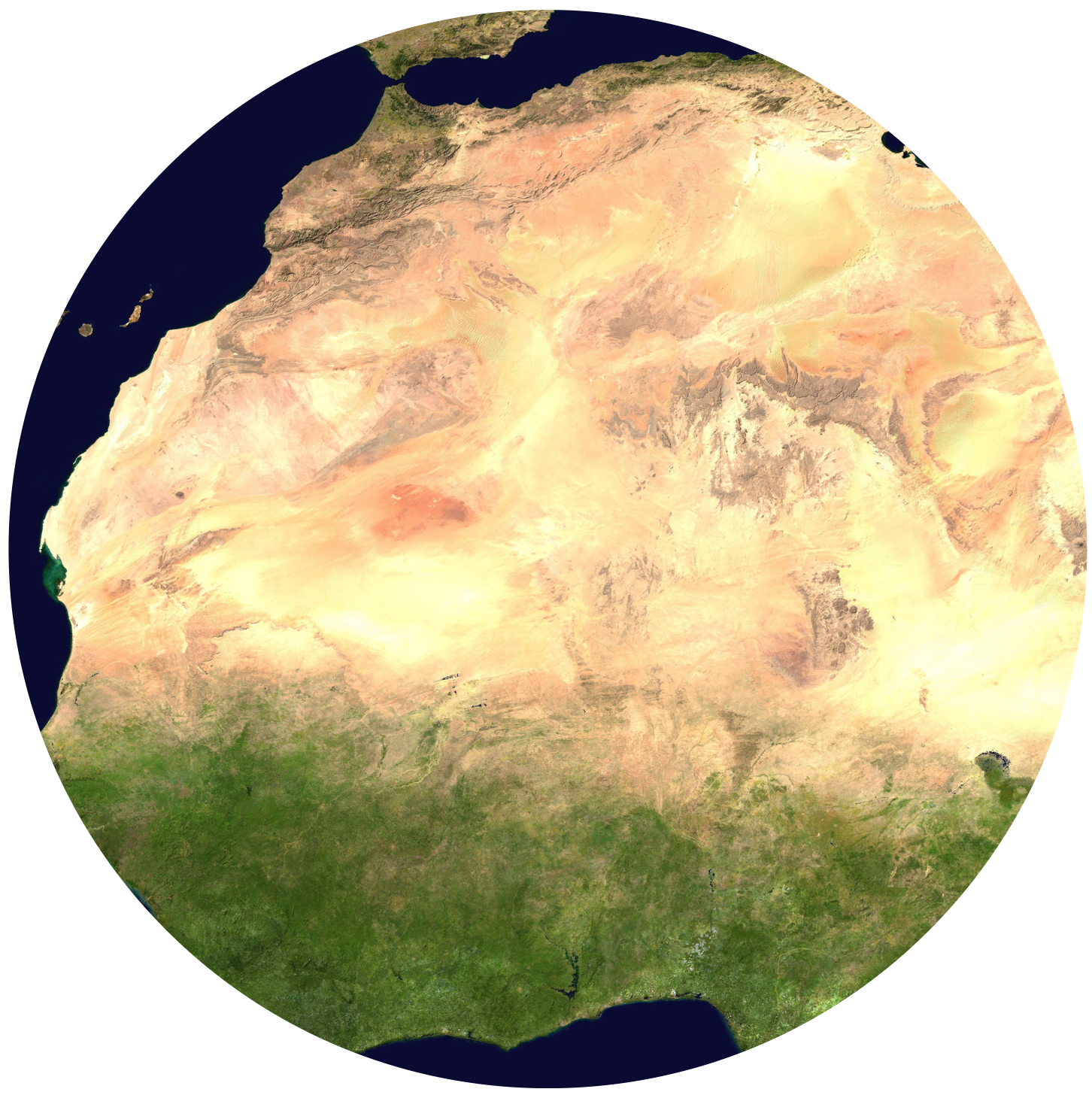14/06/2019-21/06/2019
A new peace plan has been launched in attempts to end the fighting in Libya, winning the backing of the UN. In neighboring Algeria, public demonstrations have continued into another week.
In Egypt, Mohamed Morsi died in court following a collapse. Meanwhile, the electoral campaigns in Mauritania have ended as the country prepares to go to the polls to elect its new president.
Elsewhere, Morocco has arrested suspects on suspicion of plotting IS-affiliated terror attacks. And Tunisia, with the assistance of the Red Crescent, has finally resolved the issue of the migrant vessel near Zarzis.
Algeria
Demonstrations have continued in Algeria, with reports of several arrests during protests in Algiers on 18th August (Le Figaro)[1]. Security forces have apparently been careful to ensure that the flag of the Berber people would not be waved during said-demonstrations, only permitting the “national emblem” (La Libre Afrique)[2].
There has also been reports of increased censorship, with a block on internet access over the weekend to coincide with the end of national high school exams (Le Monde)[3]. The Algerian Trade Union of Electronic Press Publishers has condemned what it sees as a “brutal and direct” censorship of electronic media (TSA)[4].
In other news, it was reported that seven Algerian opposition parties have come together in an attempt to break the national political deadlock (RFI)[5].
Egypt
Mohamed Morsi, former Egyptian president, died following a collapse in a courtroom (Le Parisien)[6]. Morsi had been giving evidence at a trial, when the incident happened. The death has prompted an international response including from the UN, the latter who Egypt have reprimanded for “politicising” the incident (BBC)[7]. It has also caused a tense exchange of words between Egypt and Turkey (Egypt Today)[8].
In other news, Egypt chaired a meeting of African Foreign Ministers in Ethiopia in efforts to initiate dialogue between the parties in Sudan (FirstPost)[9].
Libya
The UN-backed government in Tripoli has launched a new initiative for peace in order to find a way to end the ongoing fighting (The Guardian)[10]. The initiative was welcomed by the UNSMIL saying: “UNSMIL welcomes the initiative, and any other initiative proposed by any of Libya's major actors” (UNSMIL)[11]. For his part UN Special Envoy Ghassan Salamé has expressed a confidence of a political, rather than military, solution may be reached in Libya (Asharq Al-Awsat)[12].
Regarding the hostilities, forces of the Tripoli government reportedly destroyed a Russian air defense system used by Haftar’s forces (Libya Observer)[13]. Haftar for his part has vowed to continue to fight until the militias in Tripoli are disbanded, despite mounting international pressure to ease his offensive (Bloomberg)[14].
Elsewhere, UNHCR reported that 131 refugees were evacuated from Libya to Niger, in order to flee the fighting (UNHCR)[15].
Mauritania
With presidential elections a week away, the campaigning by the candidates ended on Thursday 20th (L’Authentique)[16]. In reference to his future after the presidency, outgoing President Aziz said that he does not intend to become the president of the ruling party, nor a Minister in the new government (C.R.I.D.E.M.)[17]. However, President Aziz refused to rule out a potential future presidential candidacy (RFI)[18].
And with the close of the election campaigns, NGOs have utilized the moment to raise the issue of human rights, demanding that the “deplorable situation” be on the agenda (France Info)[19].
Morocco
Moroccan anti-terrorism police announced that they had arrested five individuals suspected of forming a “terrorist cell” linked to Islamic State, that were planning “major” attacks in the Kingdom (Le Figaro). Regarding domestic security matters, there was further news as Morocco signed a new judicial cooperation agreement with Hungary including the extradition process for detainees between the two countries (Le 360).
Regarding domestic news, the House of Representatives has adopted a bill that defines the process of implementing the official character of the Amazigh culture, which will be taught in state schools (Aujourd’hui). However in other education news, there was a widespread boycott of medical students taking their exams due to concerns of an unfair system of access between public and private faculties (Huffpost).
Tunisia
The Red Crescent has reported that the 75 migrants stranded in the Mediterranean off the coast of Zarzis in southern Tunisia were finally allowed to land, after accepting a return to their countries of origin (Le Figaro)[20]. However, in an unrelated case another dozen irregular migrants in southern Tunisia were arrested while demonstrating to be welcomed to another host country (Le Figaro)[21].
In other news, last minute changes to Tunisia’s electoral law, which would block public figures from the presidential campaign, provoked a strong domestic reaction (France 24)[22].
Also, in an economic boost, the World Bank has granted Tunisia two loans totaling $175 million to finance two digital transformation programs (Huffpost Maghreb)[23]. This comes as Tunisia is soon to be removed from the list of countries at risk of money laundering and terrorist financing (Kapitalis)[24].

